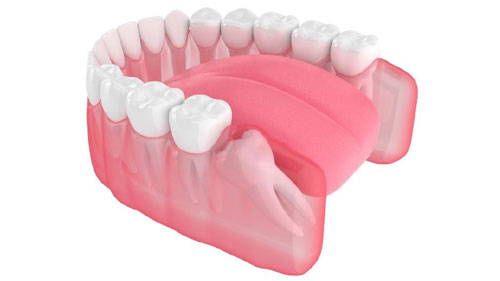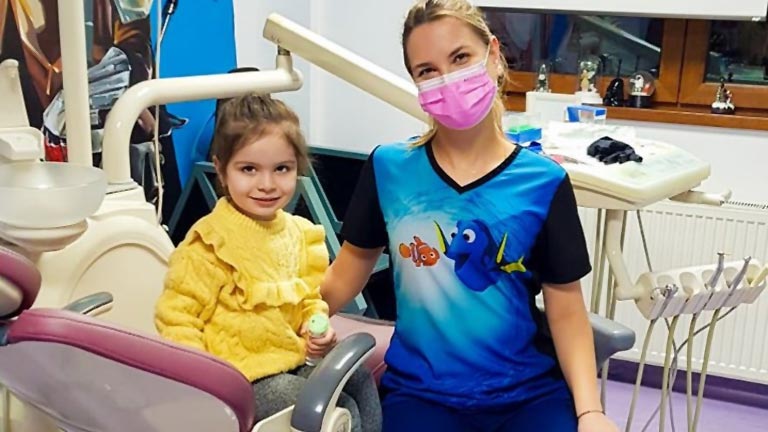
In the times of our ancestors, the 3rd Permanent molars were used for chewing. These molars are now called wisdom teeth and are no longer needed for that use. As a matter of fact, due to evolution the human brain grew bigger whereas the jaws got smaller and in some cases they have no room to develop in a proper way. Some people do not have wisdom teeth and some other people might suffer from complications due to lack of room. In some cases, extraction becomes a necessity to prevent or treat problems such as ulcer, gum disease, dental abscess etc.
Pre-extraction phase:
There are various reasons for which your dentist might recommend wisdom teeth extraction.
- The tooth is developing in the wrong direction
- Lack of room that can cause other teeth malocclusion when the wisdom teeth develop
- Presence of cavities on the wisdom tooth. Lack of hygiene due to difficulty of access to wisdom teeth can cause cavities.
Your dentist is the one diagnose the wisdom teeth and decide if one tooth is healthy or not and whether it needs extraction. Panoramic radios help determine if the tooth is included, semi-included or out in the wrong direction.
It is necessary to have a good dental hygiene, days before the procedure in order to prevent potential infection.
During the extraction / the day of the extraction:
You must be on an empty stomach the day of the operation. In most of the cases the procedure happens in the dental clinic and local anaesthesia would be enough and sufficient. There’s nothing to be afraid of during the procedure, even though it may seem hard or complicated. Thanks to anaesthesia you won’t feel any pain during the tooth extraction.
A blood clot will form in the place of the tooth extracted. You would need to keep quite 20 to 30 minutes after the operation. And you would have to avoid spitting in order to prevent the distraction of the blood clot.
After the extraction:
Pain medication and other drugs might be prescribed depending on your physical condition and potential allergies.
During the first days post-operation you would have to avoid:
- Smoking
- Talking too much
- Chewing hard
- Eating spicy food
- Eating hard food
- Everything that is too hot or too cold
- Exercise
There’s a high risk of alveolitis in case you don’t abide by the recommendations.
It is also recommended to take only liquids or compotes during the first 48 hours. If a week passes without any complications you may start returning to normal functioning. After two weeks you may return to all your usual habits and activities.
General recommendations:
Avoiding stress is very important. If the procedure seems hard or stressing for you, don’t hesitate to take a few days off before the wisdom teeth extraction to prepare yourself. You might as well need two or three days off after the extraction in order to treat yourself properly and relax. Keep in mind that stress affects badly the blood flow.
Make sure you prepare for your return at home before the procedure. Buy everything you need including the liquids, soft food etc. Yoghurts and juices are your must have for the first 48 hours.
In case of complications such as bleeding or prolonged paralysis feeling as well as strong pain or fever, do not hesitate to notify your dentist immediately.
Don’t forget to relax before, during and after the procedure. Do not plan to work remotely during your recovery. Avoid screens and keep an elevated position of your head while sleeping.
Take care, Rest !




